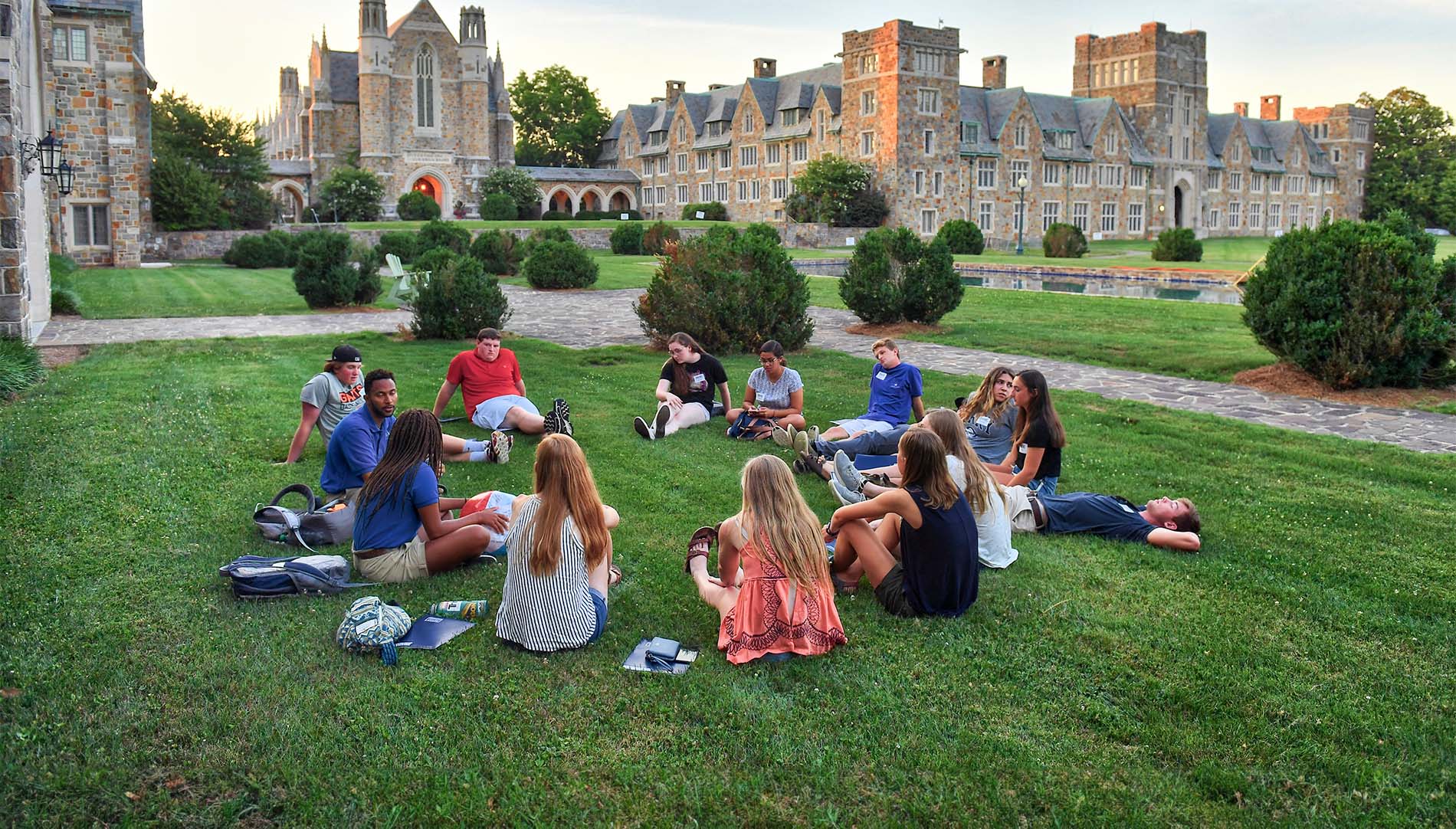When choosing how to get a college degree, students have more choices than ever before. In particular, online learning can be cost-effective, eliminating the need for commuting or moving to a campus. For non-traditional students or those needing more accessibility, online learning can be flexible and adaptive. However, for traditional college students, choosing the most convenient path isn’t always the best option. While attending class without ever leaving your room or your pajamas may sound appealing, there are big benefits to in-person education. Keep reading to learn more about how students with hands-on learning experiences have significant advantages in today’s job market.
1. Better Academic Performance
Did you know students who engage in traditional, in-person learning perform better academically than online students? In-person students are less distracted and can often stay more disciplined. The ease of multitasking in the online environment can affect students' ability to listen and engage even in face-to-face digital environments. Students who are physically present in a course may also struggle with the temptation to play on laptops or daydream, but doing so in an in-person environment is significantly more obvious and frowned upon. Being physically in the classroom holds an accountability factor that digital learning can’t.
Similarly, being in a classroom lets you receive more direct instruction, allows faculty to adapt their teaching styles to your needs and helps you build stronger connections with professors. Of course, an online instructor can set up opportunities for feedback or breakout sessions within a digital learning environment, but the level of connection pales in comparison to a faculty member walking around a room, holding a student’s work in their hands, addressing questions and being able to give clear, direct feedback. Not to mention, in-person interactions allow students to experience positive body language and emotional encouragement in different ways than online.

Describing the difficulty of getting to know students during COVID-19, Department Chair of Exercise Science at Berry College David Elmer says, “Faculty members who want to build community online have to be thoughtful about their course structure and instructional design. During COVID-19, when teaching to a computer screen, it was harder to tell if students were listening, and students were much more reluctant to discuss concepts and ask questions. The class community was not nearly as strong as in a traditional classroom. It was also hard to get to know students purely through online class sessions. I saw their names but didn’t get to know them as well unless I had had them in class before COVID-19.”
2. Stronger Interpersonal Skills and Community
In-person interactions with a faculty member are not the only valuable relationship-building that happens more easily. In general, students who have in-person college experiences come away with stronger interpersonal skills. Imagine the difference between a physical lab experiment versus a digital lab experiment. One of the greatest differences is how students are required to work together or engage with each other. Beyond listening, reading and responding to one another’s ideas in online forums, there is less group work that can happen solely online. In contrast, in traditional classroom settings, students are required to work together on presentations, labs and more, learning to clearly communicate with each other and practicing collaboration, a valuable skill in the workplace.

Likewise, as students take multiple classes together and work on group projects, they begin to form community and professional connections beyond the classroom space. These relationships can turn into future networking opportunities. Students also may grow in their connections with faculty members and seek guidance and mentoring outside the classroom. From these mentoring relationships, faculty members can easily connect students to other valuable resources on campus. Online, there is less structure for meeting together beyond the digital classroom experience and less pointing students to other physical places for guidance or support.
3. Access to Resources and Support
College campuses, the physical spaces themselves, are also significant advantages for students as they are built to support student success and to cultivate an atmosphere of learning. Students can easily find help and resources as well as having access to labs, technologies and library resources that are unavailable to online-only students.

Another advantage of the in-person college experience is the built-in support system of community. No matter what kind of day students have had, on a physical campus, students have more opportunities for faculty, staff or peer mentors to come alongside them because they are embedded in a culture rooting for their success. The in-person experience allows for a more holistic approach to student care and education as college campuses are built to knit together people into a community working toward similar goals.
Figure Out What Matters Most
Online learning may be a convenient, flexible way to get a college degree, but it’s worth considering the advantages and disadvantages. As you decide what’s right for you, keep in mind face-to-face education likely means better academic performance, stronger social development and access to resources and community-building you just can’t find off campus.



